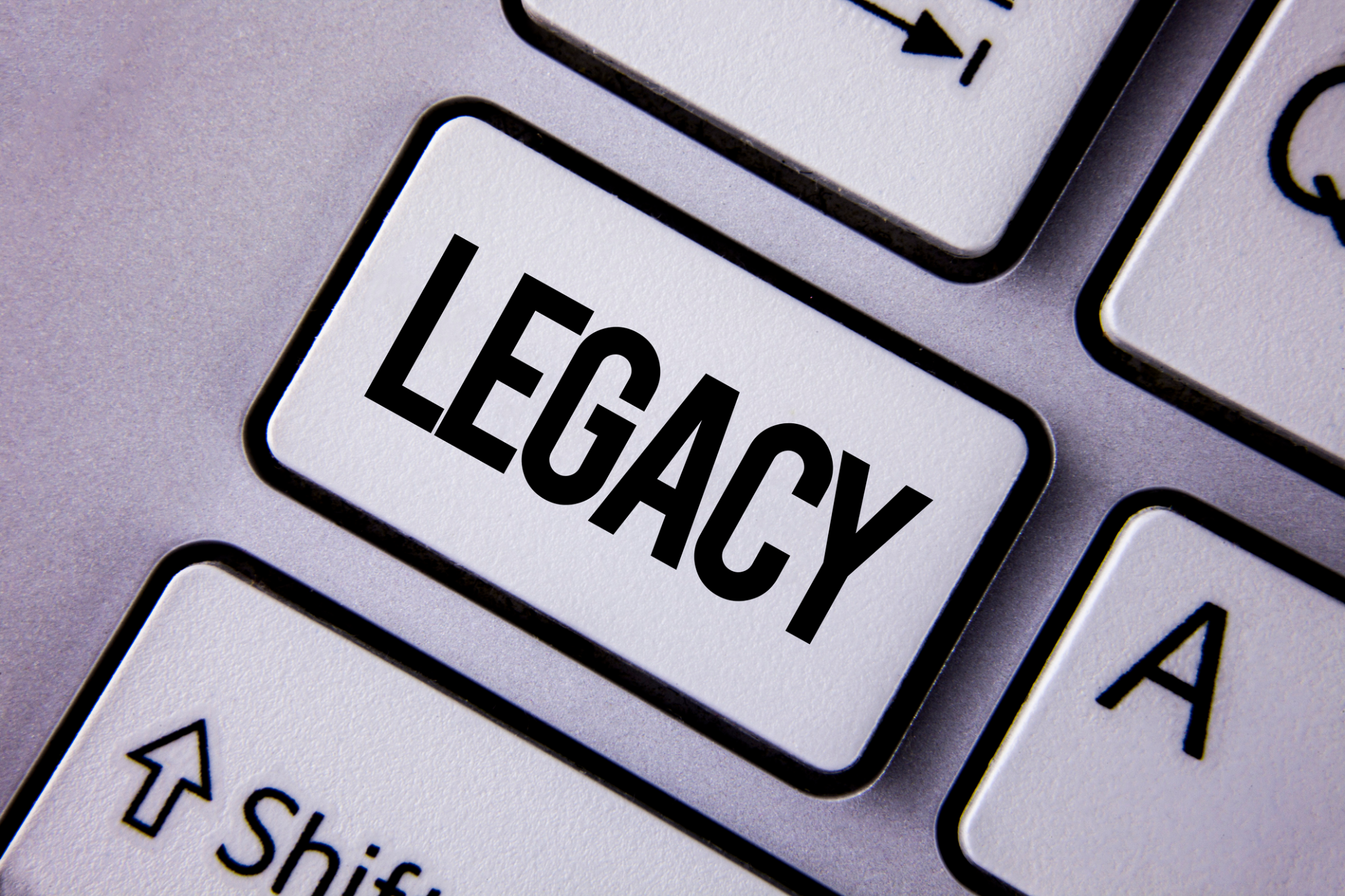You’ve spent years, maybe even decades, building your distribution business from the ground up. It’s more than just a company; it’s a reflection of your hard work, your relationships, and your values.
The thought of selling brings a mix of emotions: excitement for what’s next, but also concern. What will happen to the team you’ve built? How will your legacy be protected? For many owners, the biggest question isn’t about the sale price, but about the future.
Selling your business doesn't have to mean watching it disappear or change beyond recognition. When you partner with the right successor, it can be the beginning of a new chapter of growth and opportunity. This is a story about how your business can not only survive but thrive under new ownership, securing both your financial future and the legacy you’ve worked so hard to create.
We will explore how a thoughtful transition ensures your company’s values are upheld and how unique programs like the CEO-in-Residence model – working with an experienced Owner-CEO to take over day-to-day operations – can drive sustainable growth long after you’ve stepped away.
The Owner’s Dilemma: More Than Just a Transaction
Selling a business is one of the most significant decisions an owner will ever make. It’s natural to worry about what comes next. Will the new owner understand the nuances of the distribution industry? Will they honor the handshake agreements and relationships that have been the bedrock of your success?
These concerns are valid. Many owners have seen competitors sell to large, faceless corporations or private equity firms that prioritize cost-cutting and short-term profits over long-term stability. This often leads to drastic changes, layoffs, and the erosion of the very culture that made the business successful. The personal touch gets lost, and the company becomes just another line on a spreadsheet.
This is why finding a partner who prioritizes and values the legacy you built is so important. A successful transition is about more than just financials; it’s about finding a steward who will protect your team, nurture your customer relationships, and continue to build upon the foundation you’ve laid. It's about securing your peace of mind.
Preserving Your Legacy: A Partnership Approach
Imagine a future where your business continues to operate with the same standards of integrity and commitment you instilled. Your employees are supported, your customers are served with consistent quality, and your company’s name and brand continue to be respected in the industry. This is the outcome of working with SIG Partners.
We don’t acquire businesses to manage by spreadsheets or flip them for a quick profit. We see ourselves as ownership successors to continue your mission, not just buyers. Our goal is to preserve the core of what makes your business special while infusing it with even more resources and support needed for the next stage of growth.
How do we do this?
● We Keep Your Team in Place: Your employees are the heart of your business. They hold institutional knowledge and customer relationships that are invaluable. We prioritize retaining your team and creating an environment where they can continue to grow.
● We Honor Your Values: The culture you built is your company's competitive advantage. We take the time to understand it, respect it, and ensure it remains a central part of the company's identity.
● We Focus on Long-Term Health: Our decisions are guided by a commitment to sustainable, long-term success. We invest in technology, processes, and people to ensure the business is well-positioned to thrive for years to come.
The CEO-in-Residence: A Unique Model for Growth
One of the most significant ways we ensure a smooth and successful transition is through our CEO-in-Residence program. Unlike traditional acquisition models where a new, unknown executive team is brought in, our approach is fundamentally different.
A CEO-in-Residence is a proven leader with direct distribution industry experience who is hand-selected and trained to step in, own, and lead one business — yours. This isn’t a temporary manager or a corporate placeholder. This is a dedicated entrepreneur who is personally and financially invested in the long-term success of your company.
How the CEO-in-Residence Benefits Your Business
This model is designed to bridge the gap between your leadership and your company’s future, ensuring continuity and stability.
1. A Smooth and Respectful Transition:
Our CEO-in-Residence works alongside you during the transition period. They learn the business from the inside out—understanding your operations, your team dynamics, and your customer needs directly from the source. This hands-on overlap ensures a seamless handover of responsibilities, providing stability for employees and customers alike.
2. Dedicated, On-Site Leadership:
Your business gets a full-time, dedicated leader whose sole focus is its success. They aren't managing a portfolio of companies from a distant headquarters. They are on the ground, in your facility, making decisions that are right for your business, your team, and your market. This on-site presence ensures the company’s culture and personal touch are maintained.
3. An Entrepreneurial Mindset with Fresh Perspective:
Our CEOs are entrepreneurs at heart. They bring a wealth of experience in growing businesses, but they don’t come in with a rigid, one-size-fits-all playbook. Instead, they combine their expertise with the proven strengths of your business. They identify new opportunities for growth, whether through technology upgrades, market expansion, or operational efficiencies, while respecting what already works.
For example, a CEO-in-Residence might introduce a modern inventory management system that streamlines operations for a distribution business, freeing up capital and improving fulfillment times. At the same time, they would ensure the sales team continues to provide the high-touch, personal service that customers have come to expect.
Your Legacy, Secured and Amplified
Selling your business should be a moment of pride and accomplishment. It’s the culmination of your life’s work. By choosing the right partner, you can ensure it’s not an end, but a transition to a new era of prosperity. Your legacy isn't just preserved; it's given a platform to grow and have an even greater impact. You can step away with confidence, knowing the business you built is in capable, caring hands.
With a partner committed to your values and a dedicated leader ready to guide the way, the future of your company is bright.
Discover a Better Succession Plan for your Business
If you are considering the future of your distribution business and want to ensure your legacy is protected, let’s talk. Explore how SIG Partners’ unique approach and CEO-in-Residence program can provide the peace of mind and continued growth you and your company deserve.
Notice: For general educational and informational purposes only; not to be relied upon as financial, tax, or legal advice. Financial decisions carry inherent legal, tax, and other risks. Past performance is not a guarantee of future results. Use of this content creates no relationship with us, and we are not liable for any losses or damages from your use of this information. ANY WARRANTIES, EXPRESS OR IMPLIED, ARE HEREBY DISCLAIMED. You use this content at your own risk.






